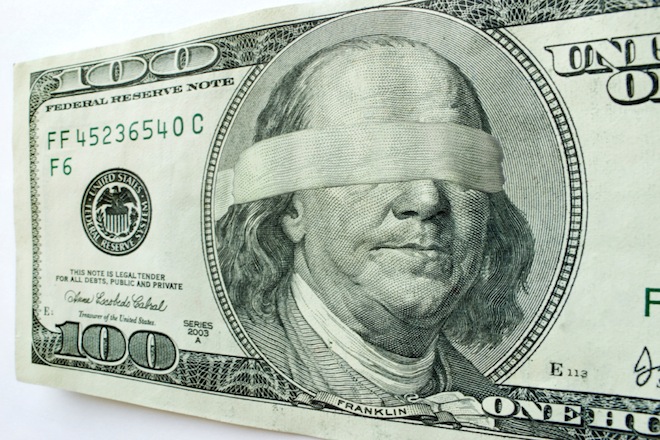Archived
Roadmap to a working Congress
The Democracy Fund is out with a new report this week examining why “Congress is broken,” is a common refrain inside and outside Washington. Their premise is that Congress “is…
Archived
123RF – Ricardo Reitmeyer
Disclosure is the foundation of campaign finance regulation. Being able to follow the money in our elections allows the public to hold those who give it and spend it responsible. Money matters – and society should be able to see where it goes.
Essentially, disclosure requirements are in place to show who is giving money in politics, whether that money comes from an individual or group, and how the entity spends the money. As the cost of elections increases, disclosure laws allow the public to see where all this cash is coming from.
For federal elections, disclosure reports go to the Federal Election Commission (FEC), the body tasked with enforcing the nation’s campaign laws, which makes them available online for public consumption. States and localities have their own election commissions that handle campaign forms for the elections in those areas.
Disclosure requirements aren’t anywhere near uniform, though, which is one of the reasons why new reforms are necessary. There are different requirements based on who is giving the money, how much is given, and if the money is contributed to the campaign itself, or to an independent political group.
The piecemeal nature of campaign finance law and related jurisprudence, which has produced the alphabet and numerical soup that defines the current campaign landscape, with 501s, 527s, and PACs, has led to a system of confusing, divergent regulations.
Disclosure reform is possible, and necessary, but it is not the end-all solution to our election woes. Transparency only goes so far, and limiting the money gushing into elections is just as important as making it visible. As campaign finance expert Lawrence Lessig once explained, comparing the issue to the BP oil spill, “[t]he point is to stop the guck from pouring into the Gulf, not to see it more clearly.”
Making our campaign disclosure requirements more transparent, uniform, and enforceable is something we need to do as a part of our broader efforts to change money’s role in politics. In the next installment of Solutions 101, we’ll describe in more detail the disclosure regime that currently exists at the federal level and in states across the country.
Archived
The Democracy Fund is out with a new report this week examining why “Congress is broken,” is a common refrain inside and outside Washington. Their premise is that Congress “is…
Archived
In a shocking move Thursday, the House Ways and Means Committee approved a bill that would further hinder the IRS from overseeing politically-active nonprofits, or 501(c) “social welfare” groups that…
Archived
On Sunday’s 60 Minutes program, two members of Congress blew the whistle on the “shameful” practice of fundraising 30 hours a week. Imagine that. Thirty hours is a full work-week…

